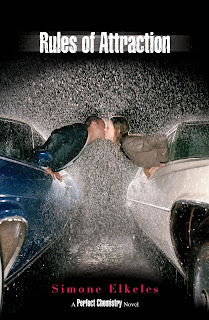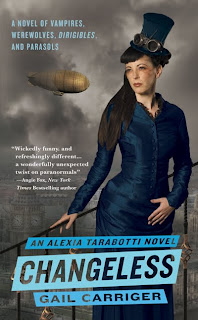STATUS: It’s 8 p.m. and I’m still working…
What’s playing on the iPod right now? KISS by Prince and The Revolution
In this instance, I’m not relieved to have my assumption proven right. When the first mention of “enhanced” ebook emerged, it became immediately apparent (to me at least) that an enhanced ebook is a multimedia product. A subright agents always reserve for the author.
Agents reserve these rights because in order to do a book-to-film deal, you have to be able to grant multimedia rights to the film studio as part of the grant of rights for the option.
This was reinforced for me today as I reviewed film contract with a major studio. Sure enough, in the rights reserved to the author section, I found this clause:
Electronically Read Editions: The right to publish the text of published print editions of the Property via the Internet and in the form of CD-ROM, DVD, videocassette tape or similar electronically read devices individually purchased by the end-user. Such electronically read editions may not contain moving visual images (other than the text) or audio tracks of any kind.
Look at that last sentence. Here it’s clearly stated in the film contract that the ebook cannot have any animation or sound element.
Well, guess what publishers would like to have with an enhanced ebook? Yep. We’ve got a problem, Houston. If publishers dig in on this and this is the studio’s stance, well, granting a publisher a not-clearly-defined enhanced ebook right (which is multimedia) could derail a film deal.
Luckily for me on this contract, it’s not an issue as the deal in question has a publishing contract that predates any of this recent hoopla.
But it’s clear that this is going to be an issue in the future.


.jpg)
.jpg)